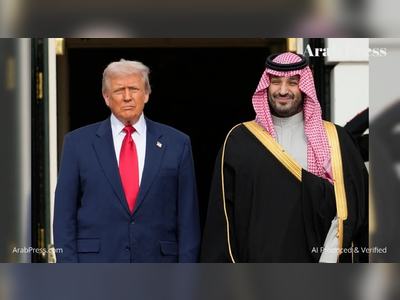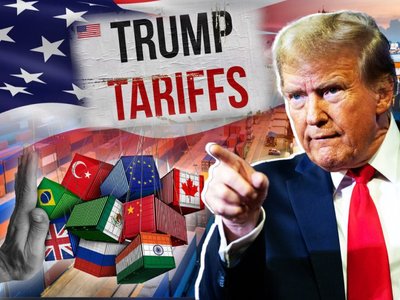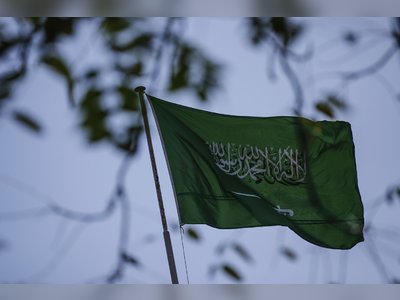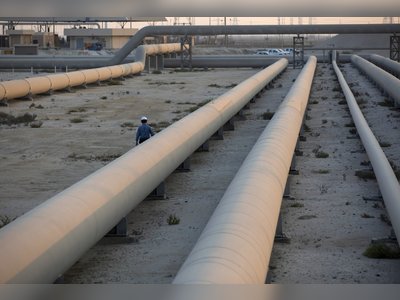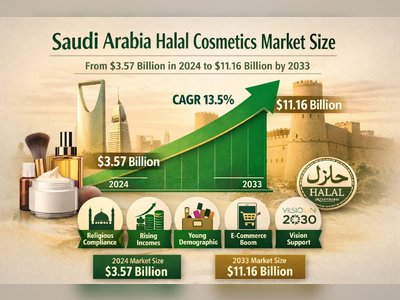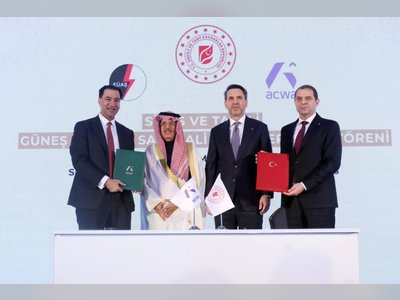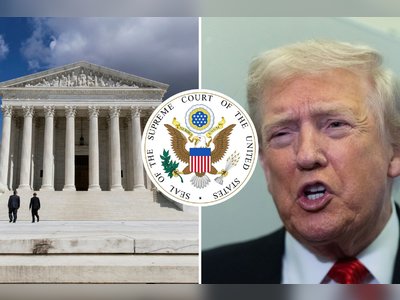
Gov’t mismanagement, external pressures as Arab currencies crash
“I cannot feed bridges to my children,” says Muhammad, a driver living in the Nile Delta, in reference to the Egyptian government’s large infrastructure building drive, as the country suffers from a cost-of-living crisis.
“I can hardly afford the most basic necessities. This government has been in power for over eight years. They have done nothing for the average person,” he said angrily.
“This government treated me [when I had] the hepatitis C virus for free,” retorted his friend, Sami, referring to a campaign launched by the Egyptian government in 2014 to treat people living with hepatitis C virus (HCV), one of Egypt’s biggest health challenges.
These heated discussions over inflation and currency devaluations have become commonplace in many Arab countries.
The Iraqi dinar has lost 7 percent of its value since mid-November, leading to the sacking of the central bank governor on Monday.
In September, the Tunisian dinar reached a record low versus the United States dollar, as the country’s president struggles to deal with an ongoing economic and political crisis.
Meanwhile, the currencies of other countries, including Syria, Sudan, Lebanon and Egypt, were among the world’s worst-performing currencies in 2022.
These devaluations, coupled with rising prices around the world, have contributed to sky-high levels of inflation.
According to the Central Bank of Egypt, headline inflation was 21.3 percent in 2022, while core inflation, which excludes volatile fuel and food prices, reached 24.5 percent. These numbers pale in comparison to Lebanon’s jaw-dropping triple-digit inflation over the past couple of years, according to the World Bank.
Some people are blaming their governments for inflation. Governments, on the other hand, have tended to point the finger at external factors beyond their control, such as the war in Ukraine, the COVID-19 pandemic and interest rate hikes in the US.
US rate hikes and the Ukraine war
Several countries in the region, such as Egypt, Jordan and Lebanon, have suffered from a depletion of foreign currency, due to plummeting tourism revenues caused by the COVID-19 pandemic, as well as rising food prices triggered by the war in Ukraine.
Currency devaluations are a result of a number of factors, including trade deficits and foreign debt.
“A persistent trade deficit results in a loss of foreign reserves which is often necessary to service foreign lending,” said Dennis McCornac, assistant professor of economics at Georgetown University in Qatar.
Rising inflation around the world has prompted the US Federal Reserve to raise interest rates to control rising prices. Higher interest rates make it more expensive to borrow money, so they discourage people from spending. When spending declines, demand falls and the prices of goods and services follow.
Higher interest rates in the US also lure investors away from risky assets in developing countries.
“Rising interest rates in the US make the US dollar more attractive as an investment safe haven,” said Zouheir el-Sahli, assistant professor of economics at Qatar University.
And when foreign investors in local debt instruments exit a market, they sell their local currency to buy US dollars, causing a drop in the value of the local currency, as Moamen Gouda, professor of Middle East economics at Hankuk University, explained.
“[This leads] to devaluation unless the government intervenes to prop up its currency to avoid social instability due to rising prices,” Gouda said.
Chronic structural problems
Egypt has now turned to the International Monetary Fund for help for the fourth time in six years. To secure IMF funding, Cairo had to move to a flexible exchange rate regime in which supply and demand determine the currency’s value, something successive Egyptian governments have always resisted.
An inflexible exchange rate regime is only one of the many structural problems hindering economic progress in many Middle Eastern countries.
“Egypt, for instance, is not attracting a lot of foreign direct investment [FDI] due to a loss of confidence in the current economic policies,” said el-Sahli.
The lack of FDI has contributed to a foreign currency crunch and, eventually, the devaluation of the Egyptian pound.
Gouda agrees with other economists that the main problem with the Egyptian economy is structural. According to him, the war in Ukraine and US interest rate hikes only exposed the fragility of the economic systems of several countries in the region and the need to embark on deep and painful structural reforms.
According to him, Egypt has failed to attract FDI by signalling that the private sector, which has consistently contracted over the past eight years, is not welcome. “Over the past eight years, the military has crowded out the private sector in almost every aspect of economic life,” Gouda said.
A reduction in the military’s oversized role in the economy was one of the main reforms requested by the IMF. In its January 2023 report on Egypt, the IMF said the Egyptian authorities have committed to reducing the role of the state in the economy and levelling the playing field between the public and private sectors.
Lebanon has its own particular issues. “In addition to having chronic deficits, the country suffers from a political deadlock that has prevented it from sealing a deal with the IMF to extend a lifeline to the economy,” explained el-Sahli.
“Lebanon has run its economy like a Ponzi scheme,” where new money is borrowed to pay off the debt owed to investors, said Mohammad Fadel, a professor of law at the University of Toronto. “Lebanese banks were attracting deposits from Lebanese people abroad with ridiculously high interest rates,” he added.
The World Bank agrees with this reading and has said the Lebanese state ultimately used “excessive debt accumulation” to give an “illusion of wealth” and encourage investments. These depositors did not understand the risks they were taking on by depositing their money in Lebanon.
And once political turmoil on the ground in Lebanon contributed to foreign investment drying up, the whole system collapsed.
Currency devaluation can actually greatly benefit an economy in the long term.
“It would be expected to decrease export prices and increase import prices, which hopefully slows down the loss of foreign reserves,” said McCornac.
But without meaningful structural reforms, devaluations end up being a missed opportunity to increase exports, narrow the trade deficit and spur growth.
